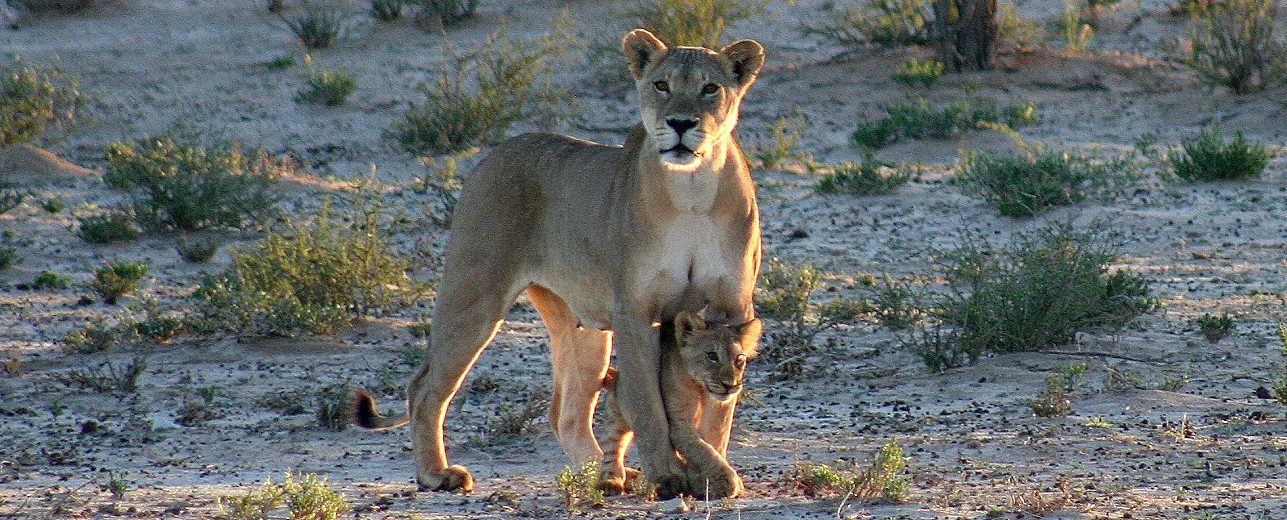A miracle is happening in the settlement of Groenfontein, in the southern Cape of South Africa. Set against the backdrop of the forbidding Swartberg range, the courage of this small community is literally, and figuratively, climbing mountains.
Eleven years ago the Calitz family arrived with the intention of raising their young family in rural freshness. They soon realised that the reality of life for the people of the valley was completely out of synch with this dream. “Maid, Spade or Fade,” is how Erika Calitz describes the opportunities available for locals. Combined with the emotional legacy of apartheid, these limitations rendered feelings of futility and inadequacy among the inhabitants. As a result dysfunctional behaviour flourished.
It all began with a boy named Alfonso.
Alfonso was a loiterer. He hung around the farm watching the family’s every move. As time went by the Calitzes became accustomed to his habitutal presence, until one day the police arrived looking for him. The result: Alfonso was placed with the Calitz family as an alternative to going to juvenile prison. During the three years he lived with them, he went back to school, became a prefect and was much loved by fellow students and teachers. Since then Alfonso has flourished into a fine young man.
Alfonso set the stage. Over the years other youngsters have lived with the Calitz family, either voluntarily or placed with them through social welfare or the correctional services.
Understanding the desperate need for emotional anchorage, the Calitzes started holding casual meetings on Wednesday nights for the youth of the valley. They sat on the floor of their living room, shared stories, listened to music and sometimes watched inspiring movies – Forrest Gump was a favourite. Soon many parents started joining, and eventually, singing and praying also became part of the evening’s format.
But the Wednesday meetings weren’t enough. To give these kids a real chance hope was needed. Thus the idea of a guided hiking trail over the massive and daunting Swartberg was born. At an average of over 2,000m high the range is a fitting symbol for the emotional mountains these youngsters take on.
Amidst much scepticism and downright obstructionism – “we survived death threats, stones lobbed at our cars, offensive and abusive language” – the Donkey Trail started in 2008. It’s a two day hike into a remote valley called Gamkaskloof. All the male staff are local. From camp hands to donkey trainers, lead guides to donkey operators they’ve all attended, at one time or another, the Wednesday meetings at the Calitz home.
The obvious attractions of the trail (a world biodiversity hotspot, spectacular scenery and quirky history) ensure a steady stream of travellers, yet it is the palliative effect on damaged psyches that charms those who delve deeper. To hear a stutter of uncertainty turn into a clear, confident reply in just two days is heartwarming. “It’s rehab for my body, mind and soul,” explains Franklin Dido, a guide.
Moreover, this is a world class tourism experience. Attention to detail merges with thorough training and excellent equipment to ensure a high level of safety and enjoyment. It’s an example of empowerment tourism that really works.
There have been many challenges of course, but the lads are now looking beyond tomorrow, into a deeper brighter future. Interests in studying nature conservation, ornithology and rock art have been expressed, as has the wish to learn more about business management and tent and tack making.
As Erika Calitz says, “We cannot take our guides to the world, but we are bringing the world to them.” Each trail, each interaction, no matter how compassionate or difficult the guest might be, is a valuable lesson in the personal journeys of these young men.

